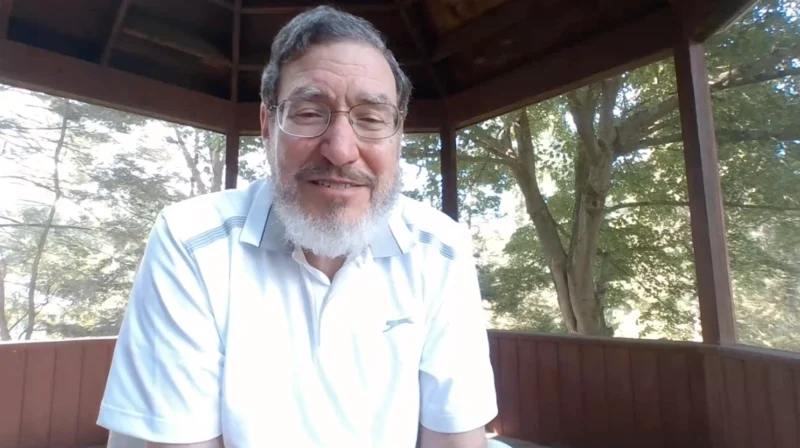How AI is Being Applied in Early Diagnosis
Most people have likely been impacted by a family member or friend who has had heart disease, and the statistics show that it certainly carries a heavy burden on society. Cardiac disease is responsible for 40.8 million disability-adjusted life years (DALYs) annually as well as 36.4 million years of life lost (YLLs) due to premature deaths, according to the Pan American Health Organization.
We hear a lot of talk about preventative measures for cardiovascular disease such as eating healthy, exercising, and managing stress; but what is the healthcare system itself doing to change the way medical emergencies are addressed and become more proactive rather than reactive?
On today’s episode of Highway to Health, Host David Kemp speaks with Steve Cashman, CEO of Caption Health, to discuss the mechanisms Caption Health is using to make imaging more accessible to all healthcare providers in order to prevent medical emergencies.
Heart failure is the leading cause of death in the world, responsible for millions of global deaths. Yet, nobody has a picture of their heart until they have an emergency and are in the back of the ambulance, Cashman pointed out.
Cashman provided some key statistics on just how devastating heart disease is. “More people died during COVID of heart failure than of COVID, and yet we don’t talk about it, right?” Cashman added, “And when we look at those 10,000 people that turn 65 every day, 7.6 percent of those will be diagnosed with heart failure, right, the year they turn 65.”
Kemp and Cashman also discussed…
- Statistics indicating why heart disease is a massive issue and why preventable measures in the healthcare sector can reduce cardiac incidents and costs
- How Caption Health’s software guides healthcare providers, who are not imaging experts, to take the best possible image
- How Caption Health is addressing the educational barrier of their technology when it comes to healthcare providers
Cashman likened echocardiogram issues to car checks, saying there is essentially no downside to checking. “It’s safe technology, it’s very inexpensive. We check the tires on our car, we do all these other kind of maintenance things that we do but the single thing that’s going to change your life—don’t wait until you’re in an ambulance to find out what it looks like, if it’s wearing thin, if the glass is broken or however you want to look at it. It’s totally manageable.”
Cashman is President and CEO of Caption Health, Co-Founder and Chairman of patientgenie, SIP at Galen Partners, and Board Member at Stowe Mission. He has more than 20 years of experience as an entrepreneur and executive in the IT and healthcare industries. Cashman attended Kansas State University for degrees in Electrical Engineering and Business.




